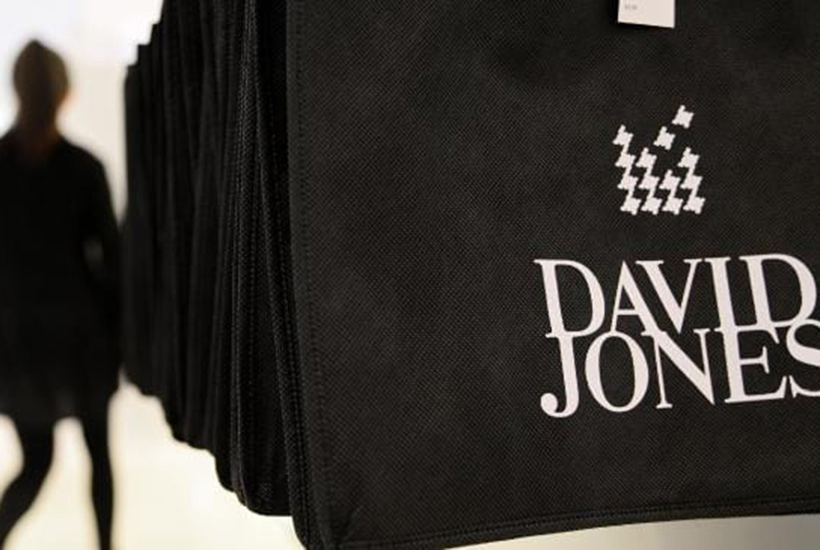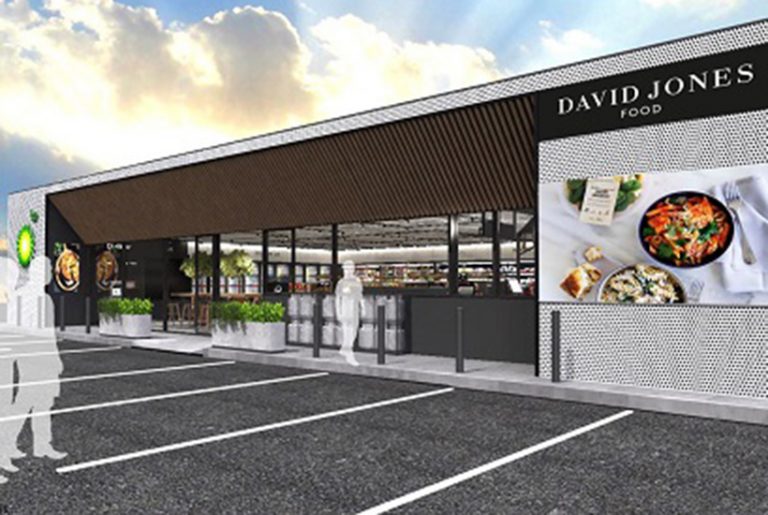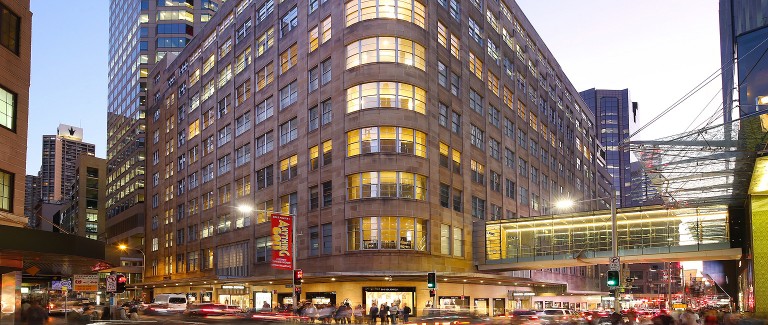David Jones plans to shrink stores

Major landlords including the owner of the local Westfield empire, Scentre, as well as Vicinity Centres, GPT and Stockland could be exposed as David Jones looks to shrink its store network in Australia.
Retail landlords have been keen to stress the success of the David Jones stores in their own complexes but the retailer last week took a $22.4 million provision due to the onerous leases that it had struck and it is looking to reduce its store footprint.
Macquarie analysts have warned that Myer and Big W have similar programs to shrink their networks. But backfilling space remains tough.
Commercial Insights: Subscribe to receive the latest news and updates
The South African owner of David Jones, Woolworths Holdings, says it would take a more aggressive stance, moving to cut the David Jones floorspace by 20 per cent.
Country Road Group, which it also owns, will also cut its space.
David Jones has previously indicated that it wanted to reduce its holdings by 20% — or about 95,000sqm — but says it will now look to make this move “more aggressively”. The retailer has avoided publicly identifying the areas it will leave but acknowledges that regional locations are a “reasonable assumption”.
Chief executive Ian Moir says the chain has to reduce stores and space in “lower demographic areas”.
“We’ve got to exit any marginal or undesirable leases,” he says.
Macquarie is tipping that some floor hand-backs will occur, as well as store closures.
There are 17 David Jones stores in Westfield centres, five in Vicinity complexes, four in GPT properties and one in a Stockland property. All up, 10 are in regional locations, but just two of Scentre’s are in regional locations. Stockland, GPT and Vicinity each have one regional store, but all were opened in the past two years.
Landlords are under pressure as Myer wants to close about 20 per cent of its space and Big W is seeking to close 30 stores, or 16 per cent of its network.
Macquarie says lower-quality centres that are less productive and profitable will be harder to refill. Landlords have said that rents may rise as new tenants, including the likes of mini major chains including JB Hi-Fi, Rebel and Dick Smith, move in, but the analysts cautioned there was also downtime and costs associated with refitting stores.
The Country Road Group — which includes the namesake brand alongside Witchery, Mimco and Politix — is also looking to rationalise up to 15 per cent of underperforming stores.
It is also pushing landlords for sales-based rents, as opposed to fixed rents.
“Whilst lease-break payments and likely ‘must trade’ clauses will soften the negative impacts of closures, we view this announcement by David Jones as another marginal negative piece of news,” Macquarie says.
Last month the bruises of a challenging economic and trading environment were shown in the David Jones business when Woolworths Holdings announced it would be forced to write down the value of its David Jones chain by $437.4m. Woolworths Holdings bought David Jones for $2.1bn in 2014 but has now burned through more than half of that value with the valuation of the department store now reduced to $965m.
Additional reporting: Eli Greenblat
This article originally appeared on www.theaustralian.com.au/property.






